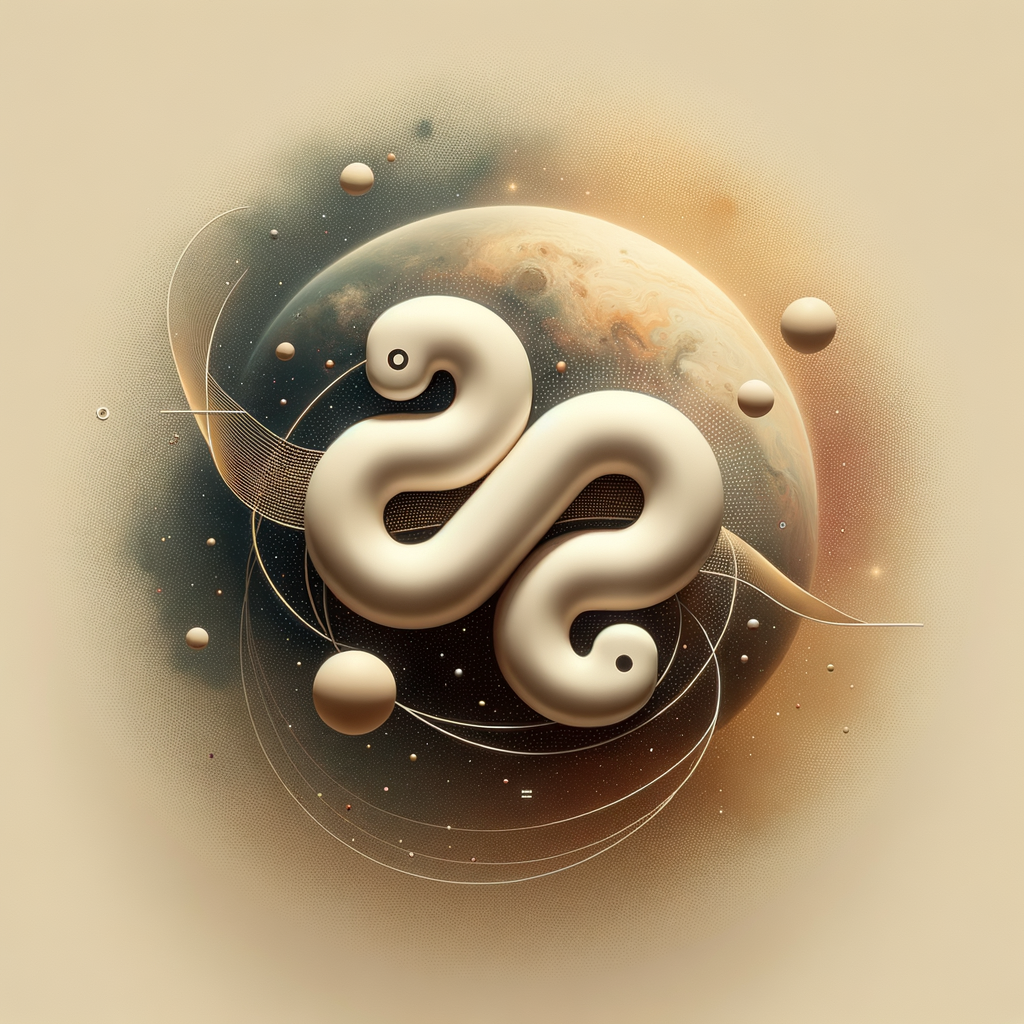
Galactic Coding: Exploring Python's Role in Interstellar AI Development
Dive into the captivating world of interstellar software engineering and discover how Python is paving the way for AI advancements in space exploration. This blog explores the unique challenges and innovative solutions that Python brings to the table, making it an indispensable tool for engineers and scientists aiming to conquer the cosmos.
Galactic Coding: Exploring Python's Role in Interstellar AI Development
Introduction
As humanity sets its sights on the stars, the role of technology, particularly artificial intelligence (AI) and machine learning (ML), becomes even more crucial. Central to this technological drive is Python, a versatile and robust programming language that is playing an ever-increasing role in space exploration and interstellar AI development. This blog explores the multifaceted contributions of Python in developing AI technologies to support interstellar missions.
Python in Space Exploration
Python's simplicity, readability, and comprehensive libraries have made it a favorite choice for software engineers and researchers. In the context of space exploration, Python is used for simulating complex systems, controlling spacecraft, and analyzing large datasets collected from space missions.
Real-World Applications
One of the significant applications of Python in space technology is the development of autonomous spacecraft capable of making decisions without human intervention. This requires complex algorithms that manage everything from navigation to resource allocation.
Machine Learning Models for Autonomous Navigation
Python's robust libraries like TensorFlow and PyTorch are instrumental in developing machine learning models used in the autonomous navigation of spacecraft. These models help in path optimization, collision avoidance, and even resource utilization without direct control from Earth, which is crucial for missions beyond low Earth orbit.
Data Analysis and Processing
The vast amount of data collected from interstellar missions can be overwhelming. Python provides numerous data analysis and visualization tools that help in interpreting this data. Libraries such as Pandas and Matplotlib play significant roles in processing and visualizing space data, enabling scientists to make informed decisions based on the data collected.
Contributions to Interstellar Communication
Python also contributes to enhancing interstellar communication technologies. The language's ability to interface with networking protocols and its support for developing complex communication algorithms are essential in ensuring reliable data transmission over vast interstellar distances.
Challenges in Interstellar AI Development
While Python offers many advantages, developers also face challenges. One significant challenge is the optimization of Python code for real-time processing, which is sometimes required in critical decision-making processes. Additionally, Python's resource-intensive nature may pose limitations on resource-constrained spacecraft.
Solving Interstellar Challenges
Python developers within the space industry are working on ways to optimize code and reduce computational overheads while maintaining accuracy and reliability. This includes using compiled languages for critical sections and leveraging Python’s scripting capabilities for control flows and prototyping.
Future Prospects
The continuous development of Python libraries tailored for space exploration indicates a promising future. With initiatives aiming to explore Mars and beyond, the use of Python in AI and ML for developing interstellar solutions is set to expand.
Conclusion
The exploration of space presents one of the most exciting frontiers for AI and Python developers. As we continue to venture into the cosmos, the need for advanced AI systems powered by Python will only increase. Python's adaptability and rich ecosystem position it as a cornerstone of future interstellar exploration efforts, assisting humanity in its quest to explore new worlds.
So, whether you are a budding programmer or an experienced developer, engaging with Python in the field of space exploration may offer you a chance to contribute to humanity's next giant leap in technology and exploration.